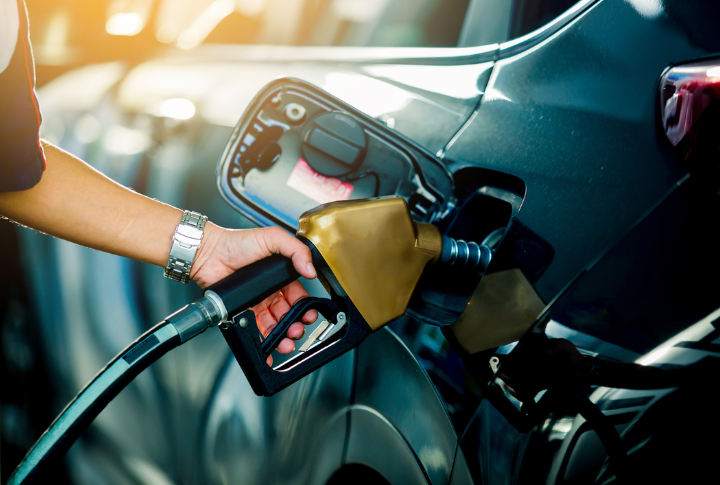
10 Fuel Efficiency Secrets Every Driver Needs to Know

Reducing fuel usage is not only beneficial for your wallet but also for the environment. With rising fuel prices, drivers seek effective methods to decrease fuel usage. Implementing certain driving techniques and vehicle maintenance practices can significantly lower your fuel consumption by up to 30%. Here are practical tips for various car models to help you achieve this goal.
Use Cruise Control on Highways

Maintaining a steady speed on highways using cruise control can improve fuel efficiency by helping to avoid unnecessary speed fluctuations that consume extra fuel. This is especially effective on long-distance drives, where consistent speeds and driving in neutral and high gear can lead to considerable savings over time.
Maintain Optimal Tire Pressure

Proper tire inflation can improve fuel efficiency by up to 3%. Underinflated tires create more resistance, requiring your engine to work harder and consume more fuel. Frequently check and inflate your tires to the recommended pressure levels specified by your vehicle manufacturer.
Avoid Rapid Acceleration

Violent driving behaviors such as sudden accelerations and hard braking can shoot up fuel consumption by as much as 30% on highways and 20% around town. By driving more smoothly, anticipating stops, and gradually accelerating, you can conserve fuel and reduce unnecessary wear on your vehicle’s engine and brakes.
Minimize Idling

Modern engines don’t require extended warm-up periods, even in cold weather. When starting your car, limit idling to 30 seconds or less. If you anticipate being stationary for over a minute, turn off your engine. Many newer vehicles come equipped with start-stop technology that automatically shuts off the engine when the car is not in motion. Embracing these practices can save much fuel, especially for urban drivers who frequently encounter traffic lights and congestion.
Reduce Vehicle Weight

Extra mass in your vehicle can reduce fuel efficiency. Get rid of unnecessary items from your trunk and interior to lighten the load. For every 100 pounds of heaviness removed from your vehicle, fuel efficiency can improve by 1–2%. Streamline your car’s cargo to optimize fuel economy on every trip.
Regular Maintenance and Oil Changes

Proper maintenance, including regular oil changes, can improve fuel efficiency by up to 4%. Dirty air filters, worn spark plugs, and old engine oil can all contribute to increased fuel consumption. Follow your vehicle’s maintenance schedule to keep it running efficiently and economically.
Deal With Engine Issues Immediately

The lit-up check engine light on your dashboard, also known as the malfunction indicator lamp, is a warning sign from your car’s computer. While modern vehicles might seem fine despite the light, ignoring it could be risky. A loose gas cap might trigger the light but could also indicate a problem impacting fuel efficiency or emissions.
Use the Correct Motor Oil Grade

Selecting the right motor oil can yield surprising fuel efficiency gains. Using incorrect viscosities—such as 10W-30 in an engine designed for 5W-30—can decrease fuel economy by 1-2%. To maximize benefits, opt for motor oils labeled “Energy Conserving” on the API performance symbol, as these contain specialized friction-reducing additives designed to enhance fuel efficiency.
Utilize Air Conditioning

Optimizing air conditioning usage can significantly impact fuel efficiency. Depending on your driving situation, you can choose between using AC or rolling down windows. Open windows are more fuel-efficient at lower speeds, but the aerodynamic drag they create on highways outweighs the energy cost of running the AC. Strive for a balanced approach and always use climate control judiciously to maximize fuel savings.
Use Different Means of Transport

Consider alternative transportation options to reduce your fuel consumption significantly. Opt for walking instead of driving for short trips. If your work commute is manageable and weather conditions are favorable, cycling can be an excellent fuel-free alternative. These choices will save you money on gas, offer health benefits, and contribute to a cleaner environment.


